Dhaka, Dec 15, (V7N) - Nishita Iqbal Nodi, the former vice-president of the Dhaka University (DU) branch of the banned student organization, Bangladesh Chhatra League (BCL), has been arrested. She was apprehended by the Dhaka Metropolitan Police’s (DB) Detective Branch on Saturday night from the Bashundhara Residential Area in the capital.
According to Rezaul Malik, Additional Commissioner (DB) of Dhaka Metropolitan Police (DMP), Nishita was arrested on specific charges, and multiple cases have been filed against her. The arrest is part of a larger effort to enforce the law after Bangladesh's interim government declared the Chhatra League an illegal organization.
On October 23, the Ministry of Home Affairs issued a notification under the Anti-Terrorism Act, officially banning the Bangladesh Chhatra League, one of the oldest student organizations in the country. The announcement came after allegations that the organization had been involved in various forms of violence and anti-state activities. Nishita’s arrest is believed to be linked to her involvement in the Chhatra League during its active years at Dhaka University.
The BCL, historically known for its association with the ruling political party, has long been embroiled in controversies involving corruption, violence, and clashes with student bodies opposing the government. Nishita’s arrest is seen as a part of the government’s wider crackdown on groups accused of fostering political unrest.
The interim government's decision to ban Chhatra League has been a point of significant debate, with some arguing that the move is a necessary step for maintaining law and order, while others view it as politically motivated. Experts, however, remain divided on the long-term effects of this action. Some legal scholars argue that the ban may have limited effects if the student body manages to reorganize under a different guise, while others believe it could pave the way for more peaceful political engagement on university campuses.
The arrest of Nishita is a continuation of the government’s ongoing efforts to eliminate political unrest from educational institutions, with the hope of returning campuses to a more neutral and peaceful state. It also highlights the growing tension between student organizations and the state, raising questions about political freedoms and the scope of government control over educational spaces.
Poletical experts caution that while the government's actions may provide short-term relief in terms of reducing violence, it may also stifle political expression, a critical component of democratic societies. The broader implications of such measures, especially for student politics, will only become clear over time as more arrests and legal actions unfold.
As of now, the investigation continues, and it remains to be seen how the legal proceedings will unfold for Nishita and other leaders associated with the banned organization.
END/SMA/RH/



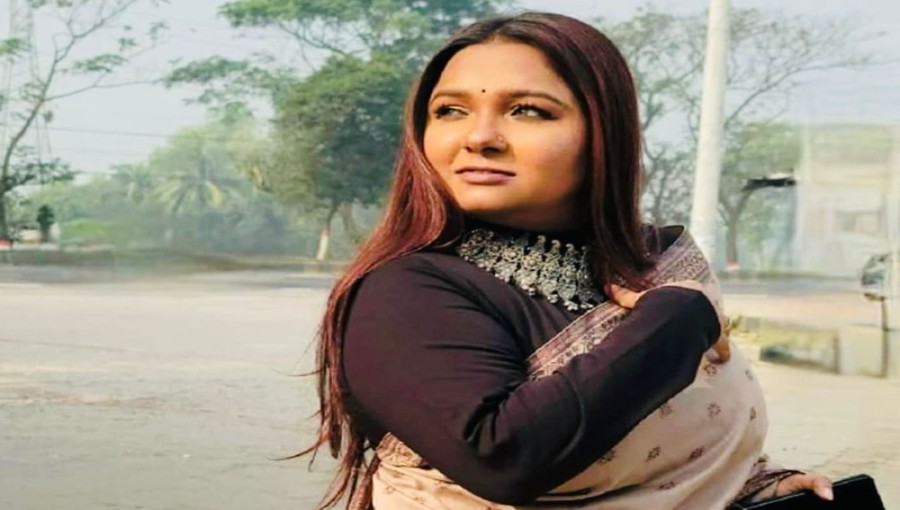
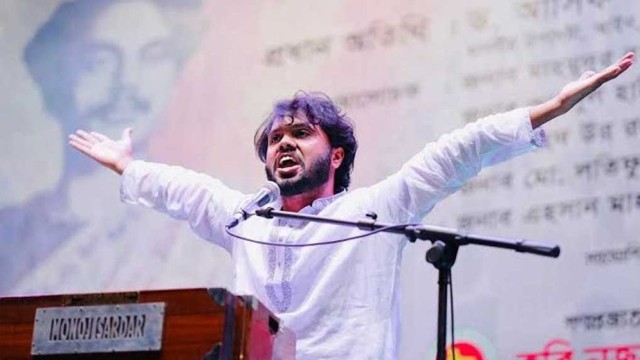
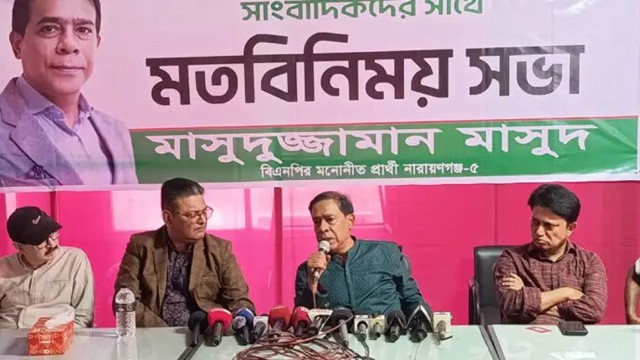
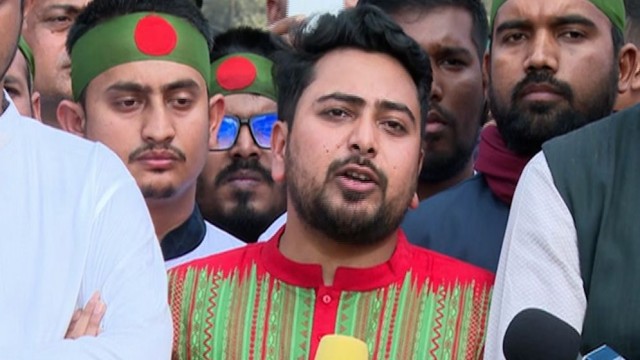
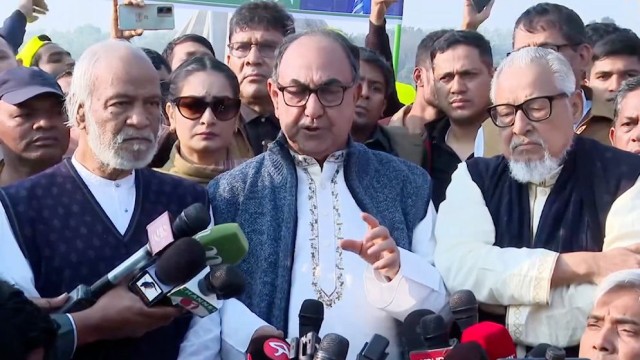
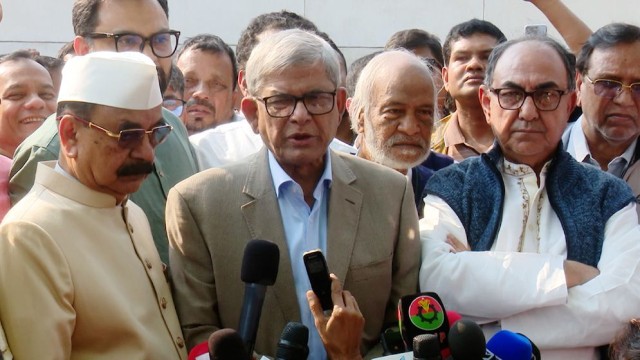
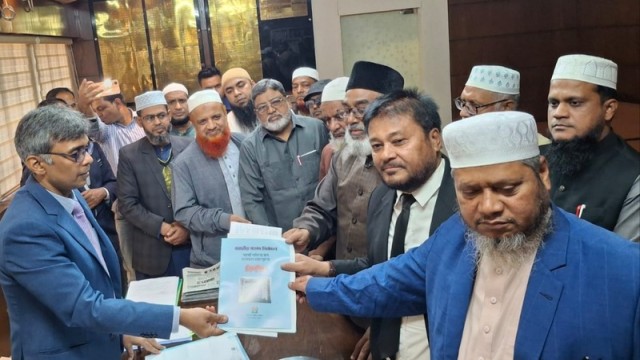
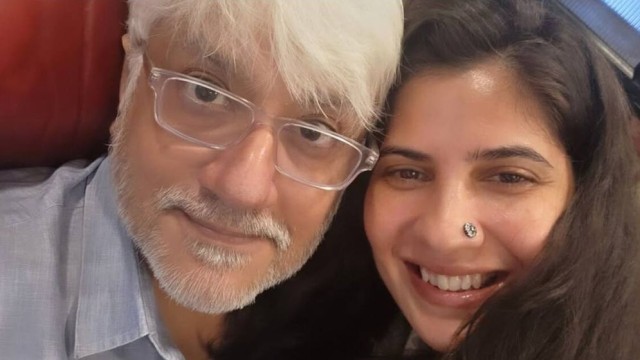
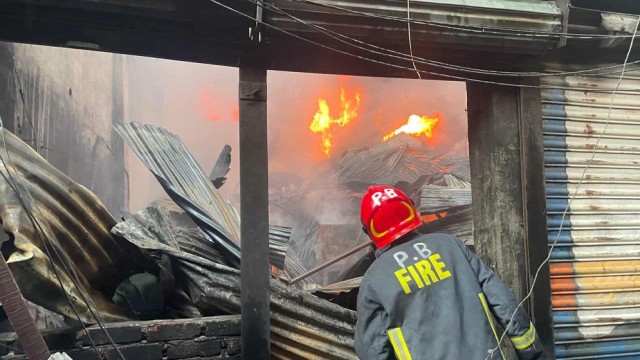
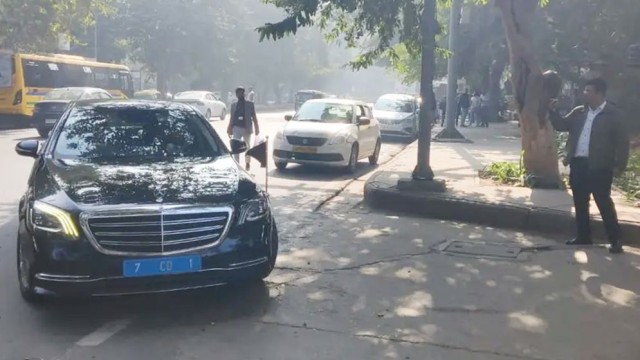
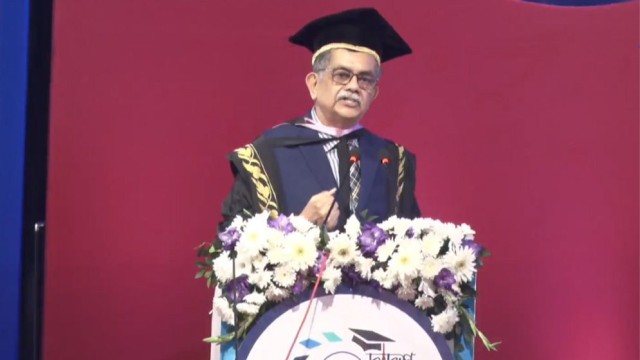
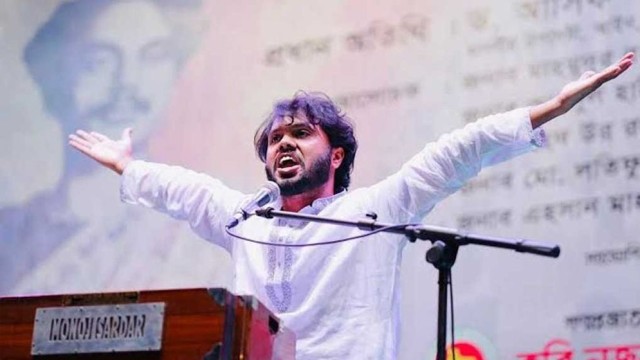
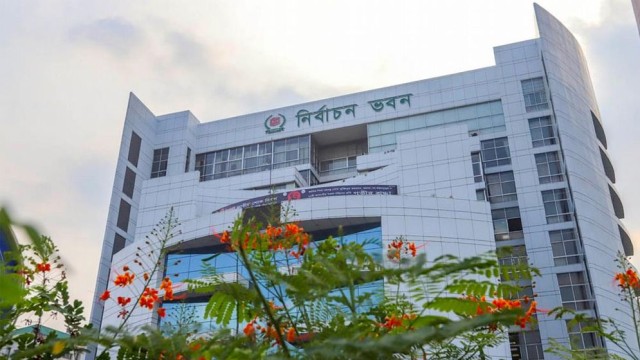
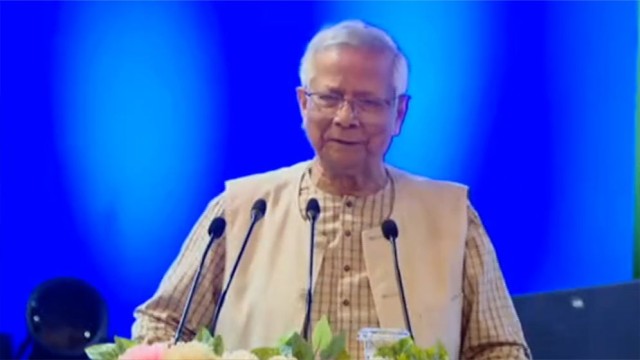
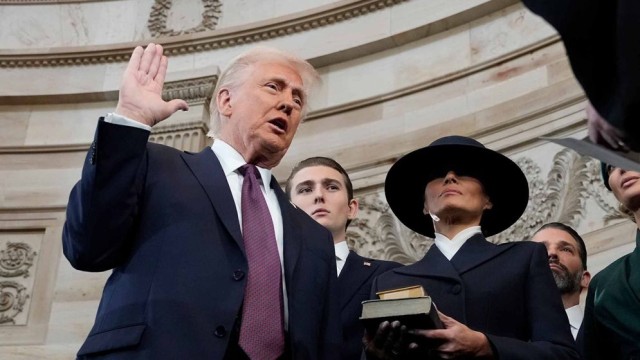

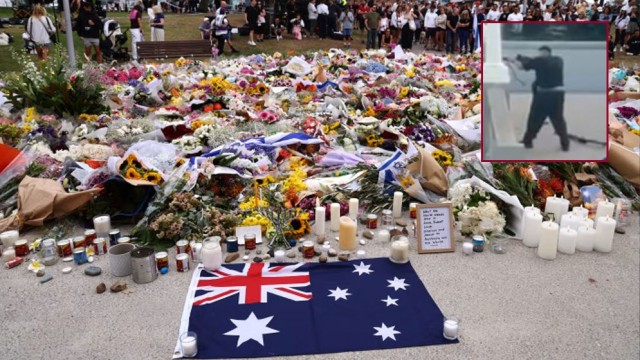

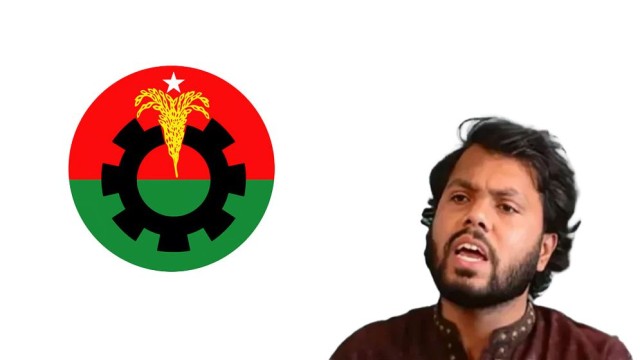
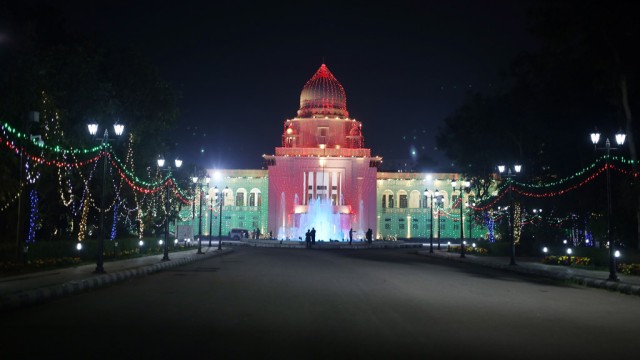
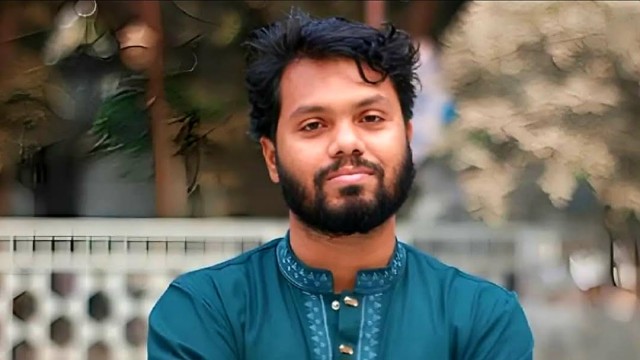
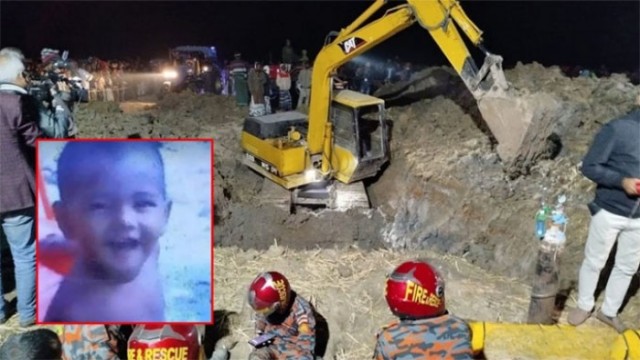
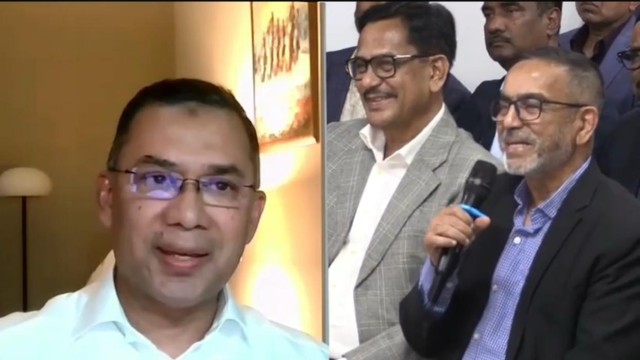
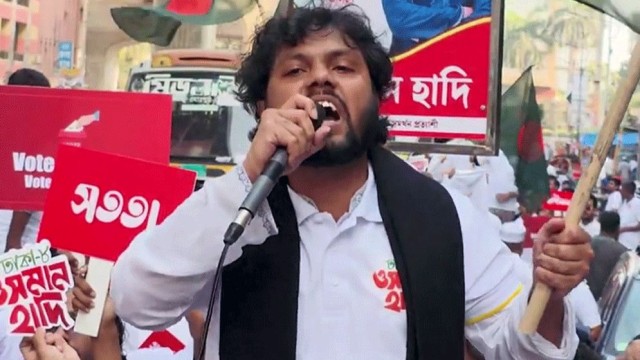
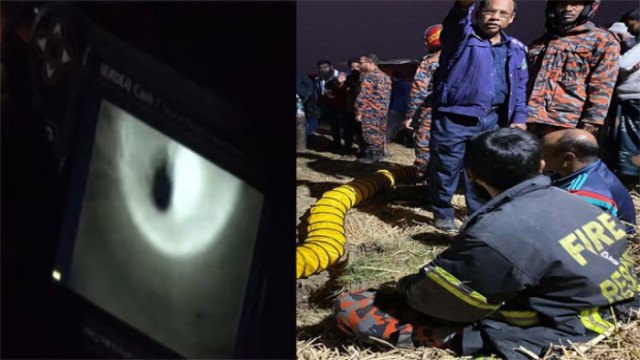
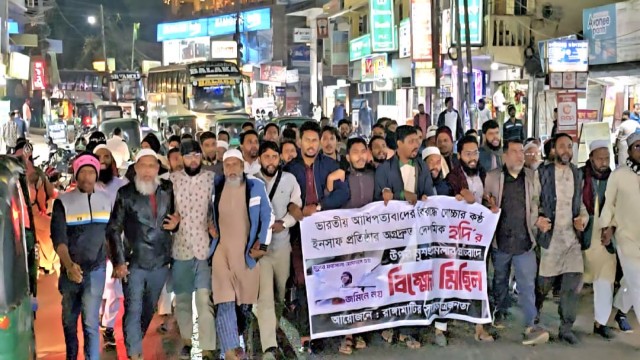
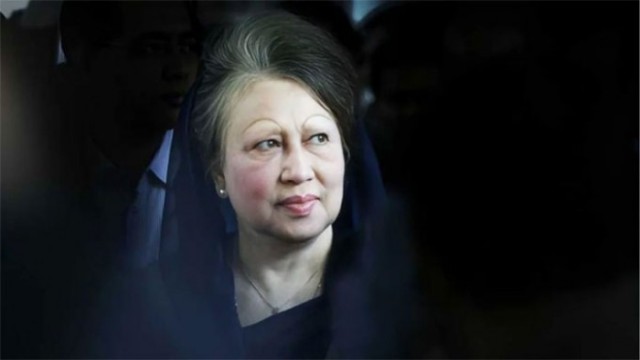
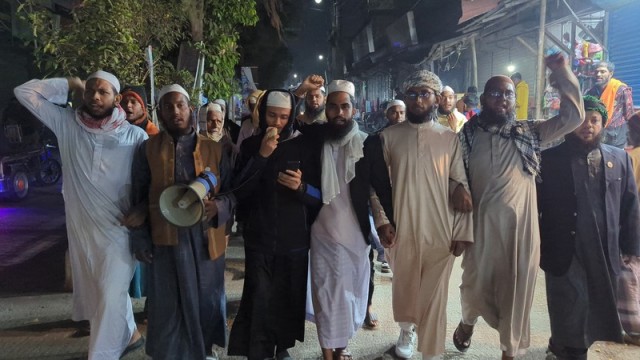
Comment: